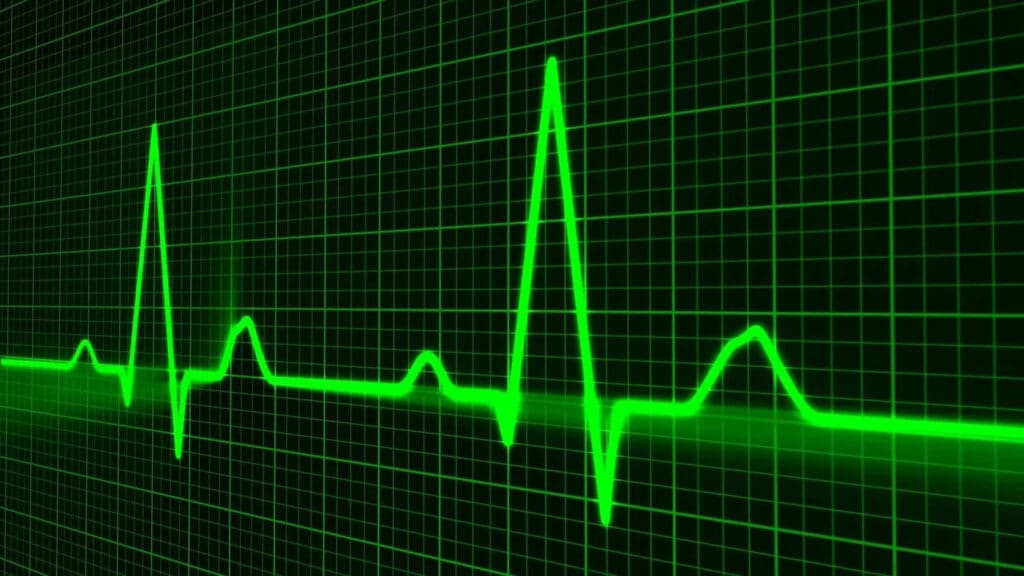What’s your heart doing at the moment? Do you know? Well, presumably it’s still beating or you wouldn’t be able to sit there reading, but what’s your current heart rate? It can change depending on a whole host of factors, from whether you’ve just finished some intense exercise to if you have a health problem. That may be why heart rate monitors are currently so popular.
You must have seen the phones and the smartwatches that claim to track your heartbeat (and potentially other health measurements) so you know if you’re meeting your goals. They seem ubiquitous in modern society. But are they a good idea? How well do they work? And what is the best way to keep track of your heart and make sure it’s working as it should?
The basic principle is sound. We can’t know if our heart is healthy if we don’t measure its performance. It’s true if you’ve been ill or injured and are trying to assess your rehabilitation, and it’s true if you’re at peak fitness and want to know if your exercise routine is maximizing your potential. You need to know when your heart rate spikes, how long it remains at that elevated level, and when it returns to normal again.
If you go to the doctor or to the hospital, they have their own devices for measuring your cardiac output and they’re designed to be as accurate as possible. The types of monitors you can buy to use at home probably aren’t going to be quite as precise, but that doesn’t mean they can’t be useful. You just need to be careful how you read the results.
Phones or devices that go around your wrist or arm (and may be jerked around more when you move) aren’t generally as accurate as those that go around your chest, where they are both more stable and closer to the heart’s electrical activity. Measuring electrical signals is more precise than using light to assess blood flow. Factors other than accuracy that may influence your choice include cost and other features.
One-off deviations from your normal heart rate probably aren’t anything to worry about; it could just be the device. If it becomes a regular thing or it’s accompanied by chest pain or shortness of breath, it may be time to check in with the doctor.




